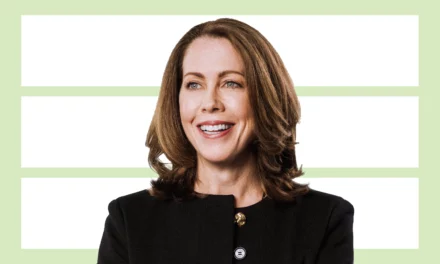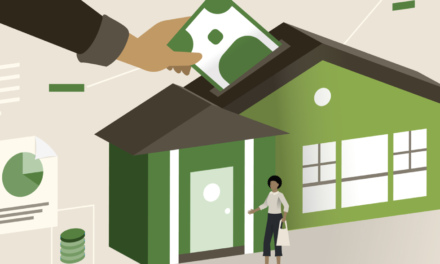Buying a foreclosed property can be an attractive option for those seeking a real estate deal, but it’s essential to understand the advantages and disadvantages before making such a purchase. In this article, we’ll explore the pros and cons of buying a foreclosed home.
What is a Foreclosed Home?
A foreclosed home is a property that has been taken over by a bank or financial institution due to the owner’s failure to meet mortgage payments or property tax obligations. It can also occur because of property negligence. In either case, the lender repossesses the property and aims to sell it through a real estate transaction to recoup the outstanding amount.
It’s important to distinguish between foreclosures resulting from non-payment and those stemming from a sale under judicial authority. The latter occurs when the debt surpasses the property’s value, allowing creditors to recover their owed amount.
Advantages
- Lower Price: Foreclosed properties are often priced lower than comparable homes in the market. Banks and financial institutions are motivated to sell quickly, making these properties available at discounts ranging from 10% to 25% below their market value.
- Profit Potential: Investing in a foreclosed property can be profitable, especially if the property’s value exceeds the mortgage owed. These properties are also sought after by investors looking to renovate and resell, potentially yielding a substantial return on investment.
Disadvantages
- No Legal Warranty: Foreclosed properties are typically sold “as is,” without any legal warranty. Lenders lack knowledge of the property’s condition or maintenance history, making the transaction a buyer’s risk. This means the buyer has no recourse against hidden defects or issues.
- Poor Property Condition: Foreclosed homes often require significant repairs. Neglected maintenance or damage from the previous owners’ departure can result in costly renovations. In some cases, the property’s value may be less than the purchase price, emphasizing the need for thorough pre-purchase inspections.
- Lack of Information: Foreclosure proceedings can happen swiftly, leaving little time for the bank or financial institution to gather comprehensive information about the property. This lack of information increases the transaction’s risk, and buyers may face unexpected issues after purchase.
If you’re interested in buying a foreclosed property, you can refine your search by adding “repossession” to your filters on the Centris.ca website. Working with a real estate broker is highly recommended, as they possess market knowledge and can guide you through the process, helping you make well-informed decisions at each step.
In conclusion, while buying a foreclosed property can lead to substantial savings and investment opportunities, it comes with risks, including potential hidden defects and property condition issues. A careful assessment and the guidance of a real estate professional can help mitigate these risks and ensure a successful investment.
Pritish Kumar Halder is a seasoned real estate expert with in-depth knowledge of the Canadian real estate market. With a background in market trends and property analysis, Pritish is committed to helping individuals make informed decisions in the real estate landscape. His expertise and insights are valuable resources for both buyers and investors.











